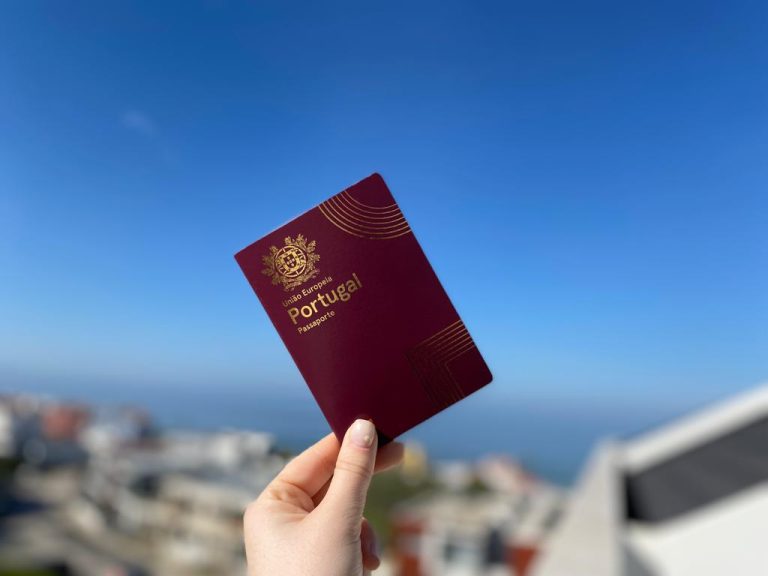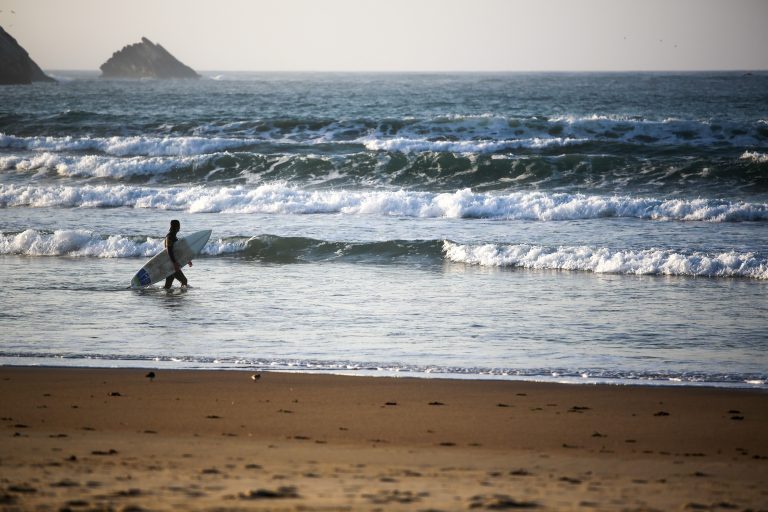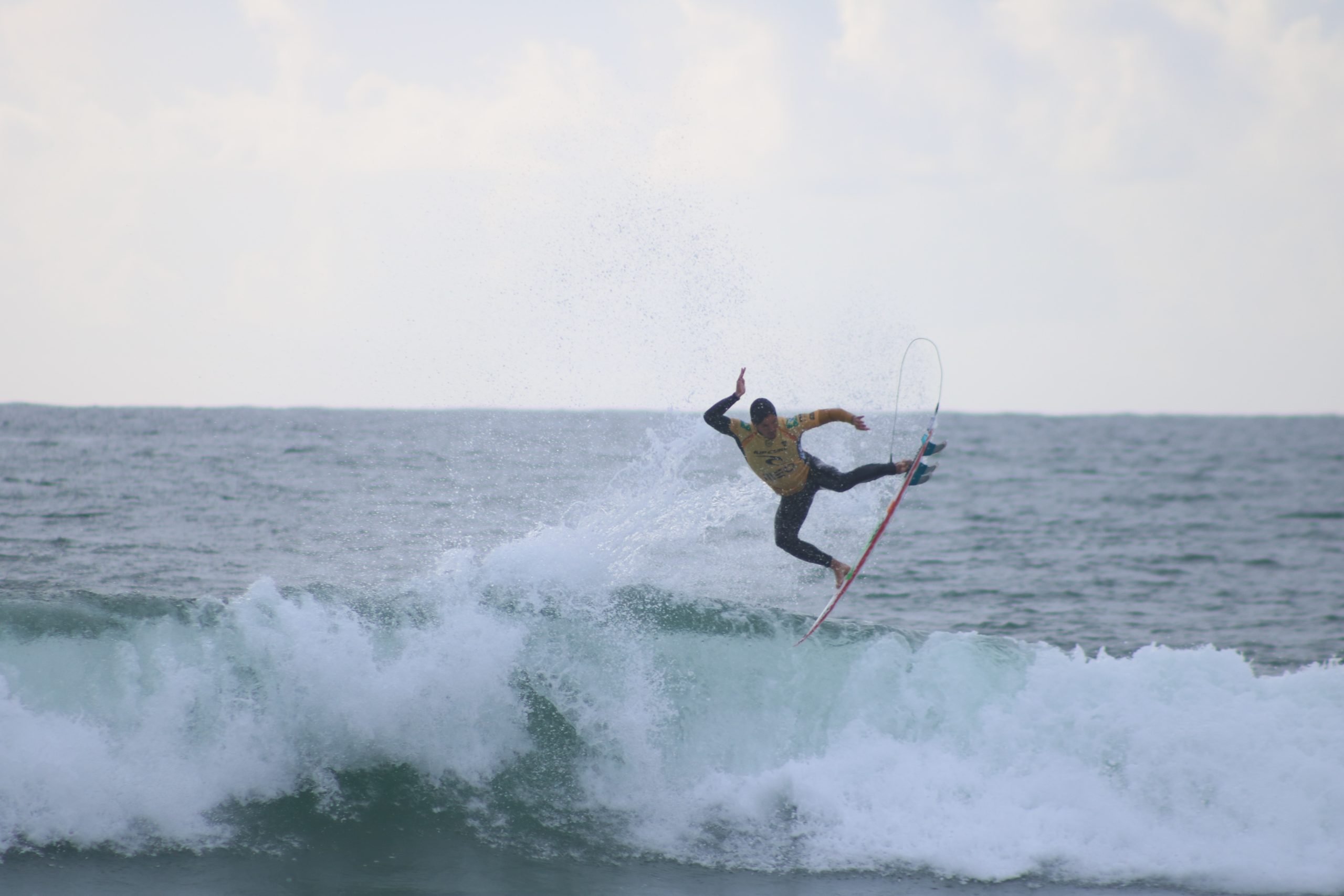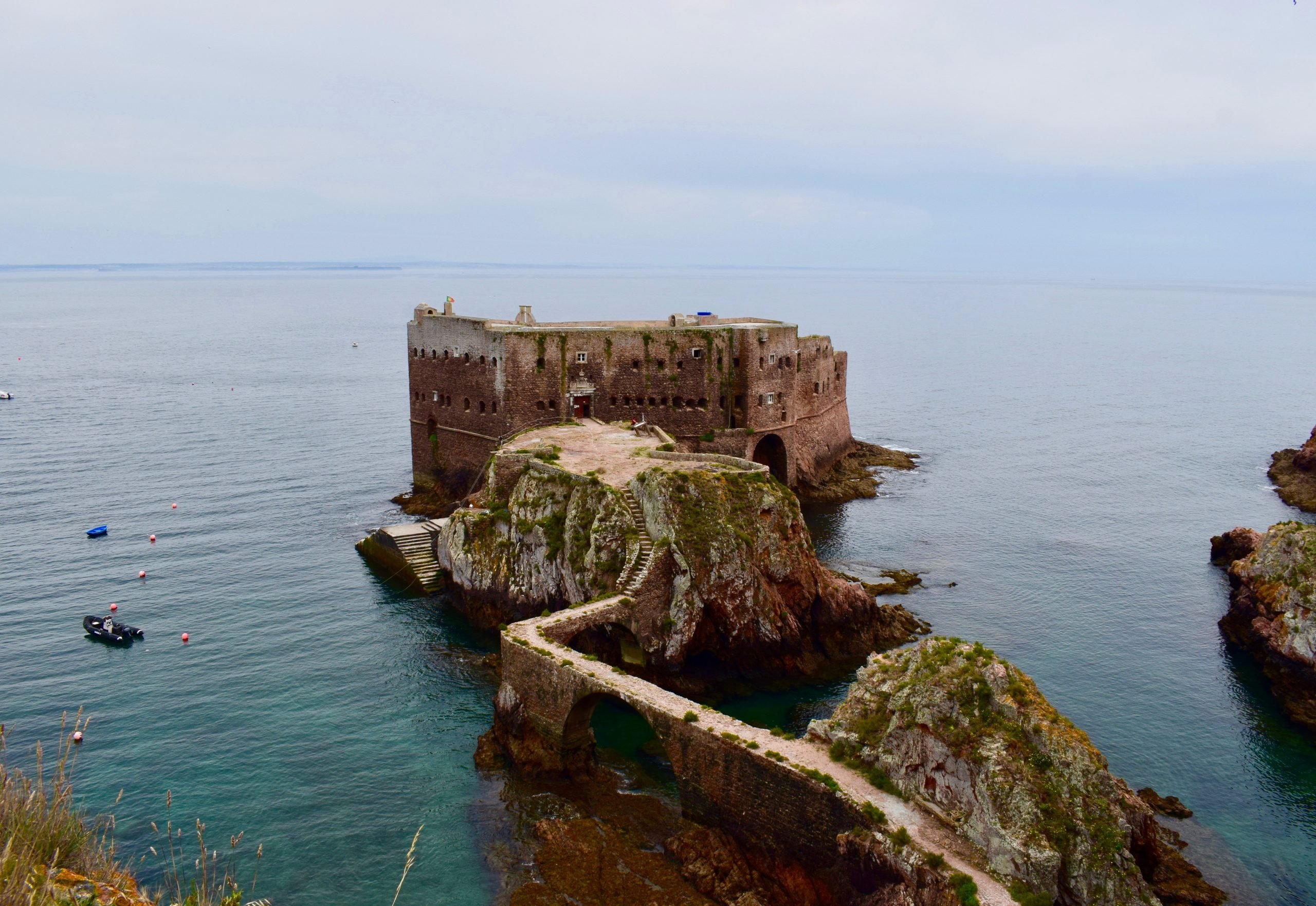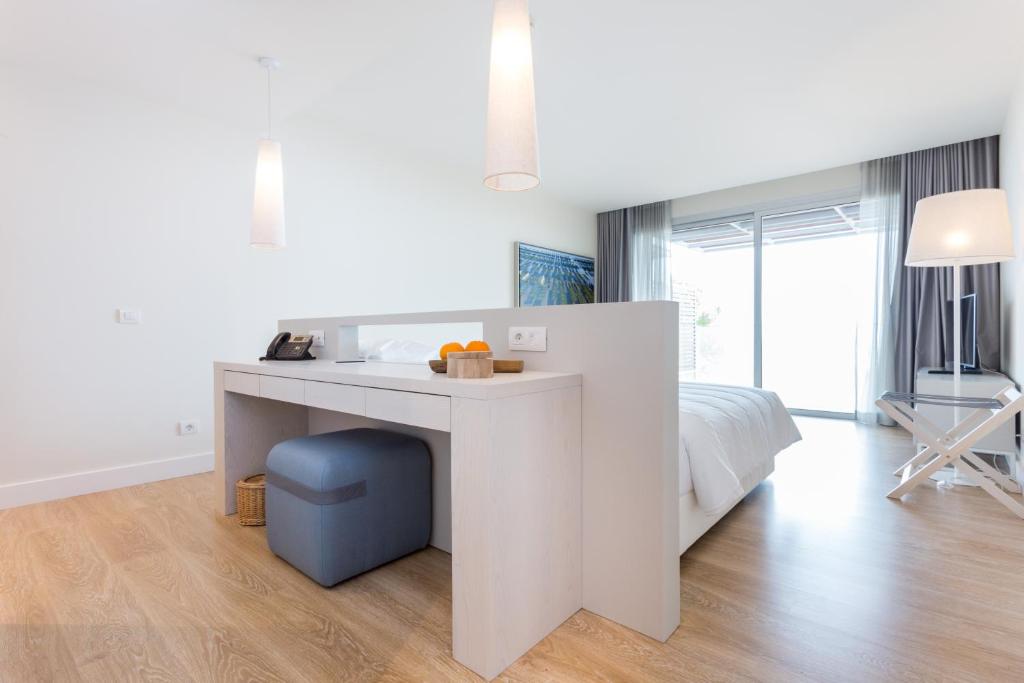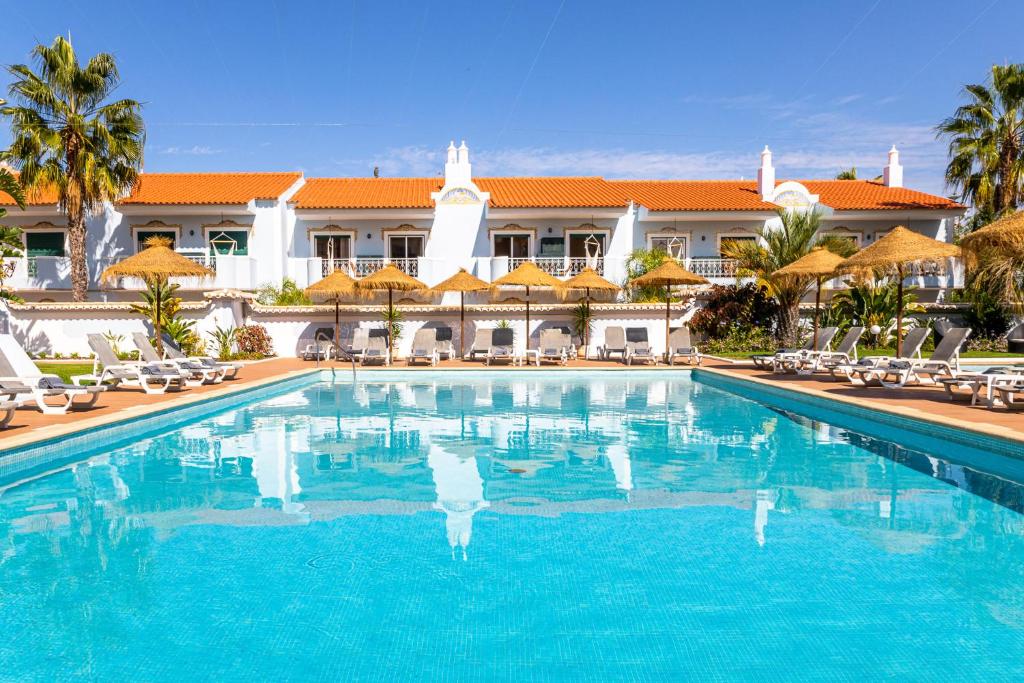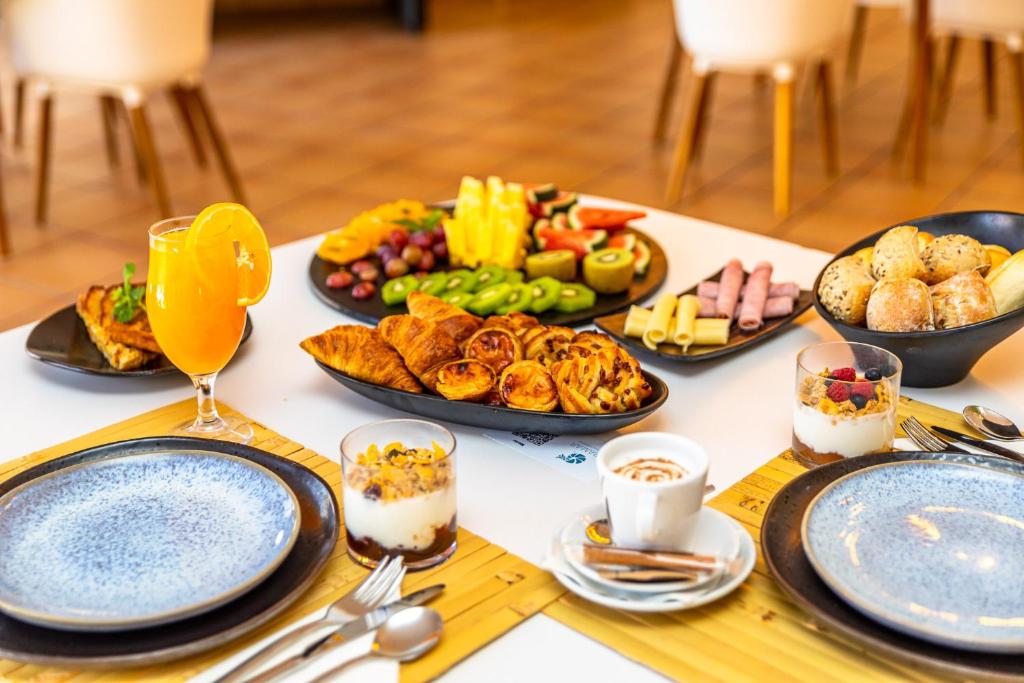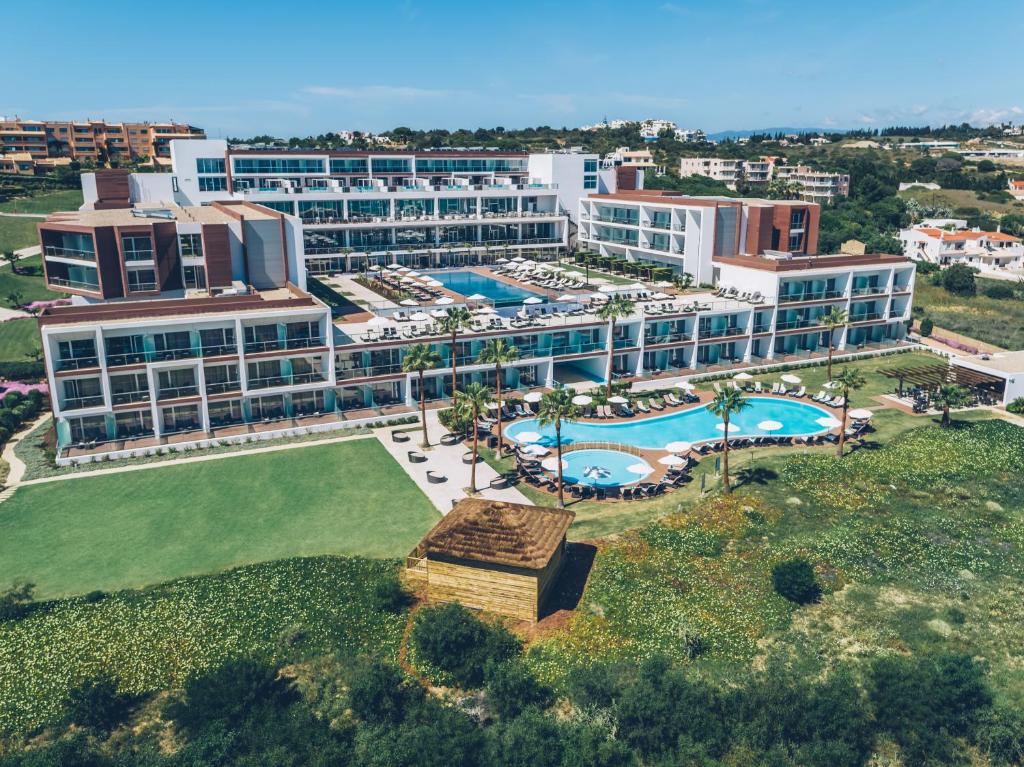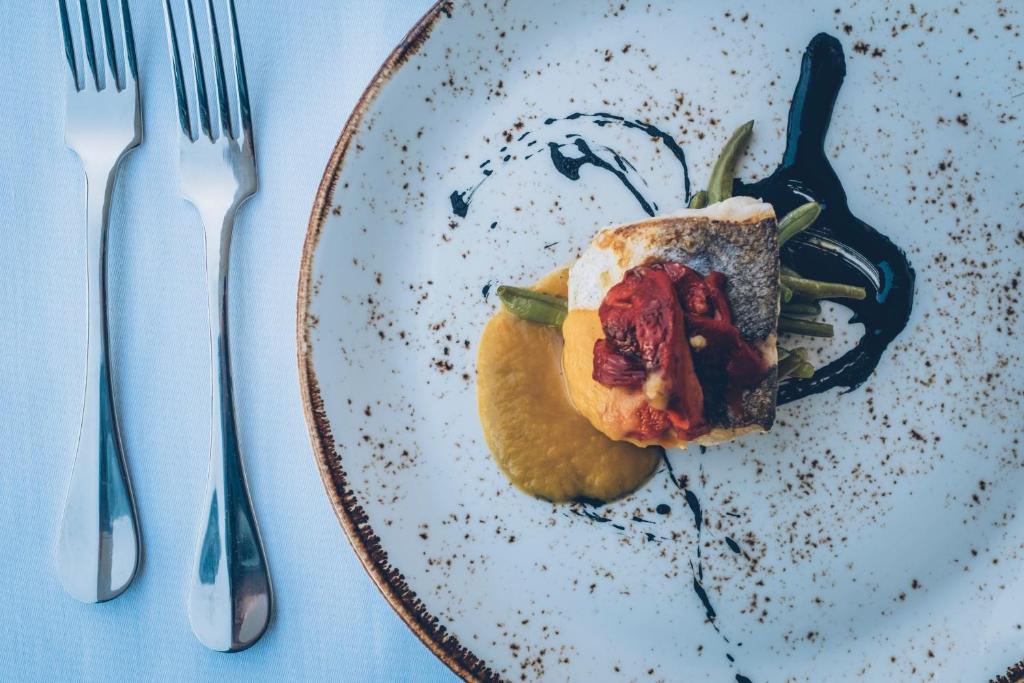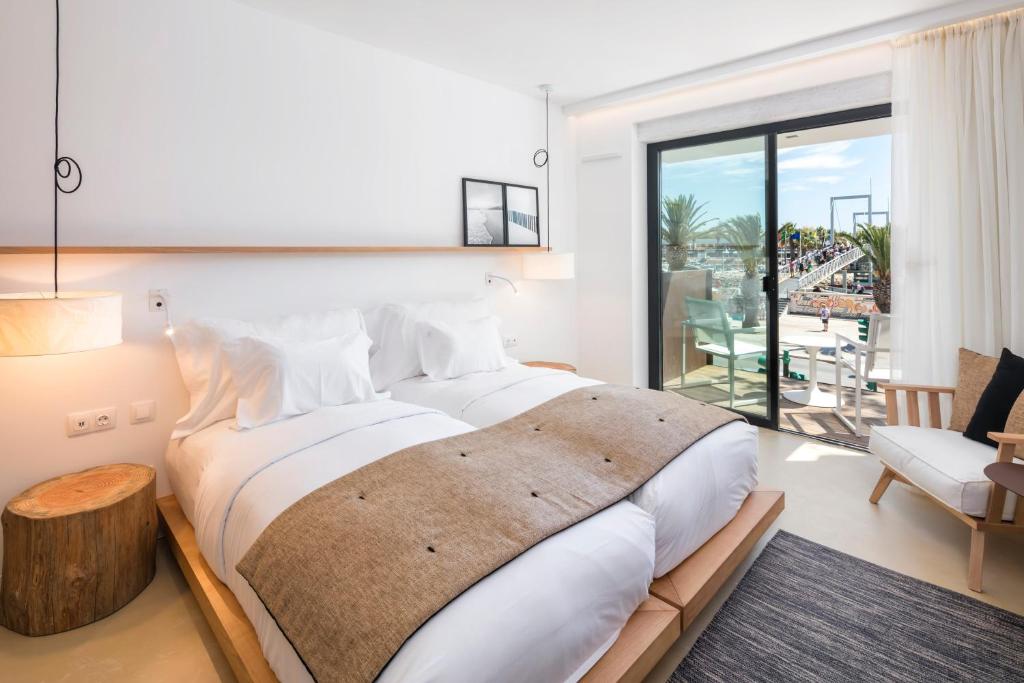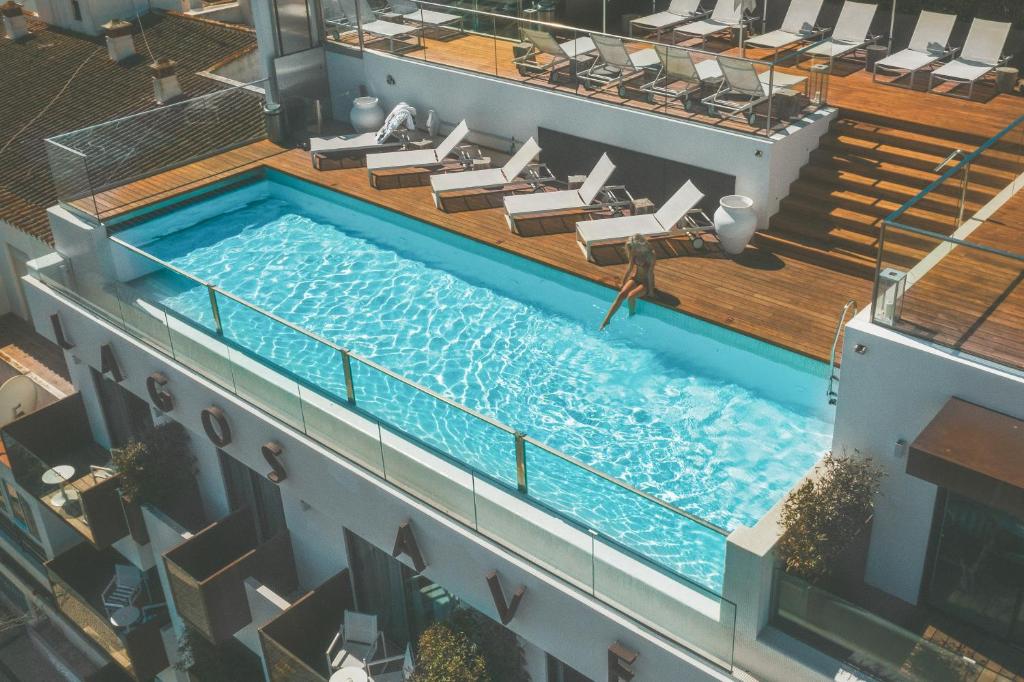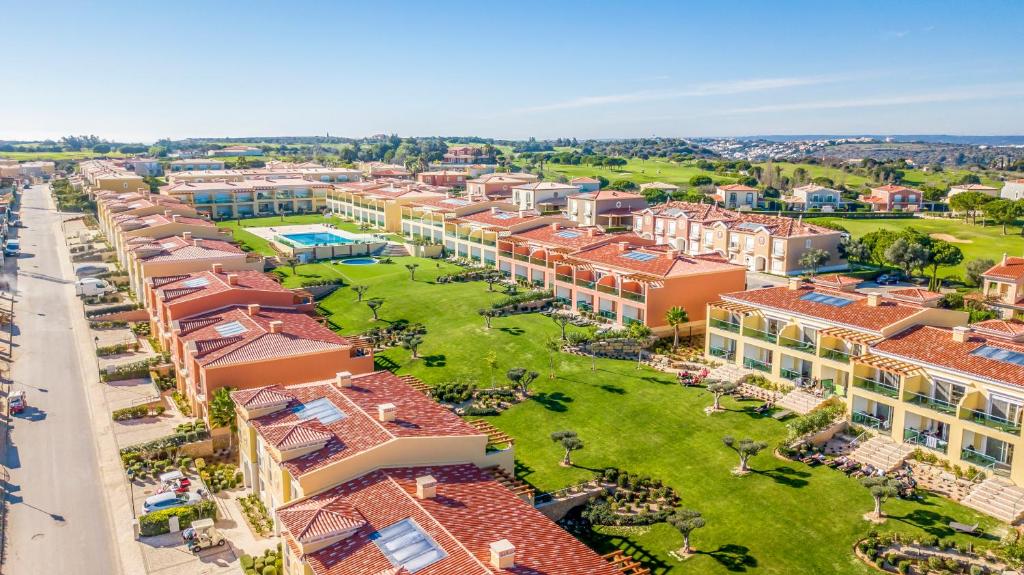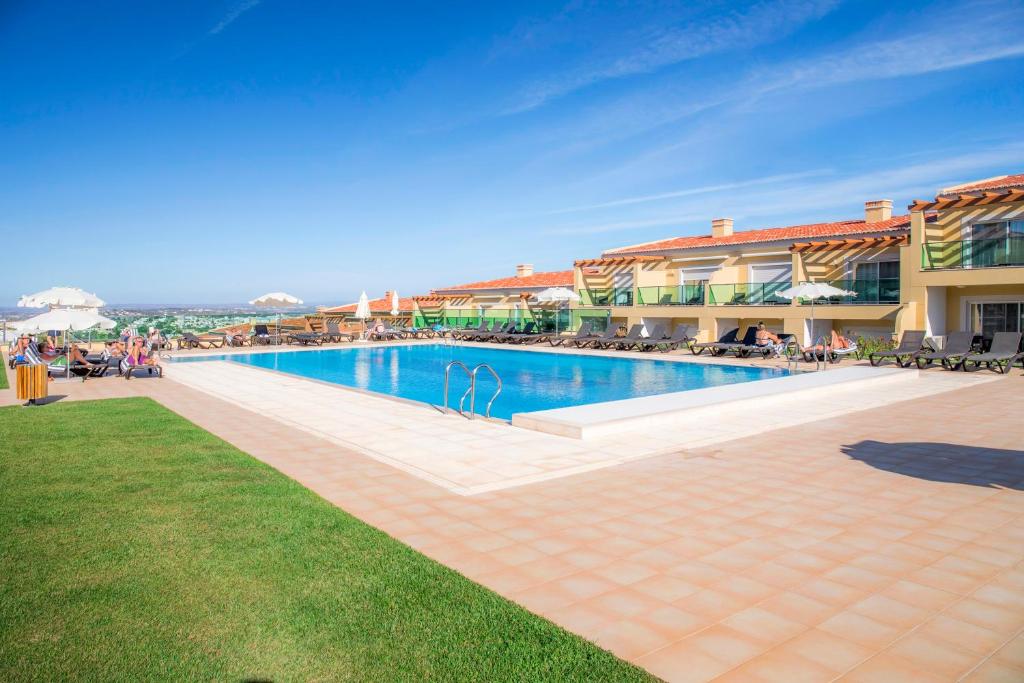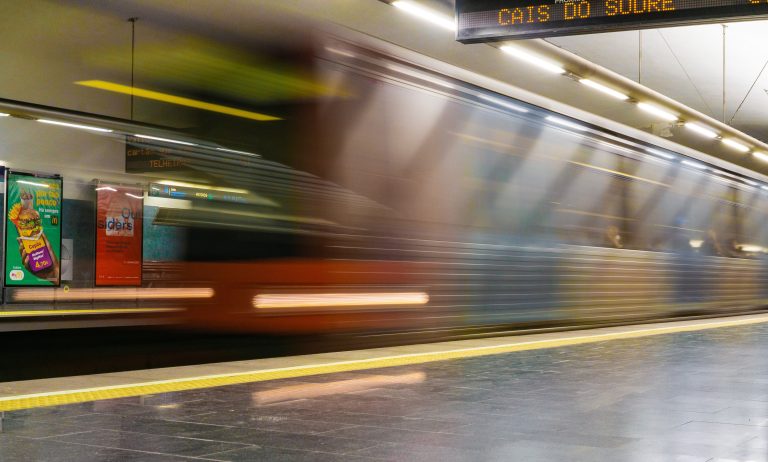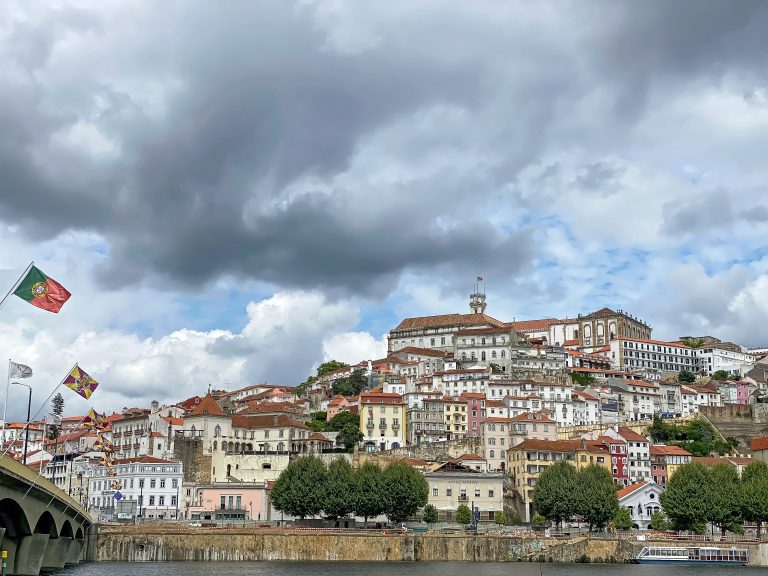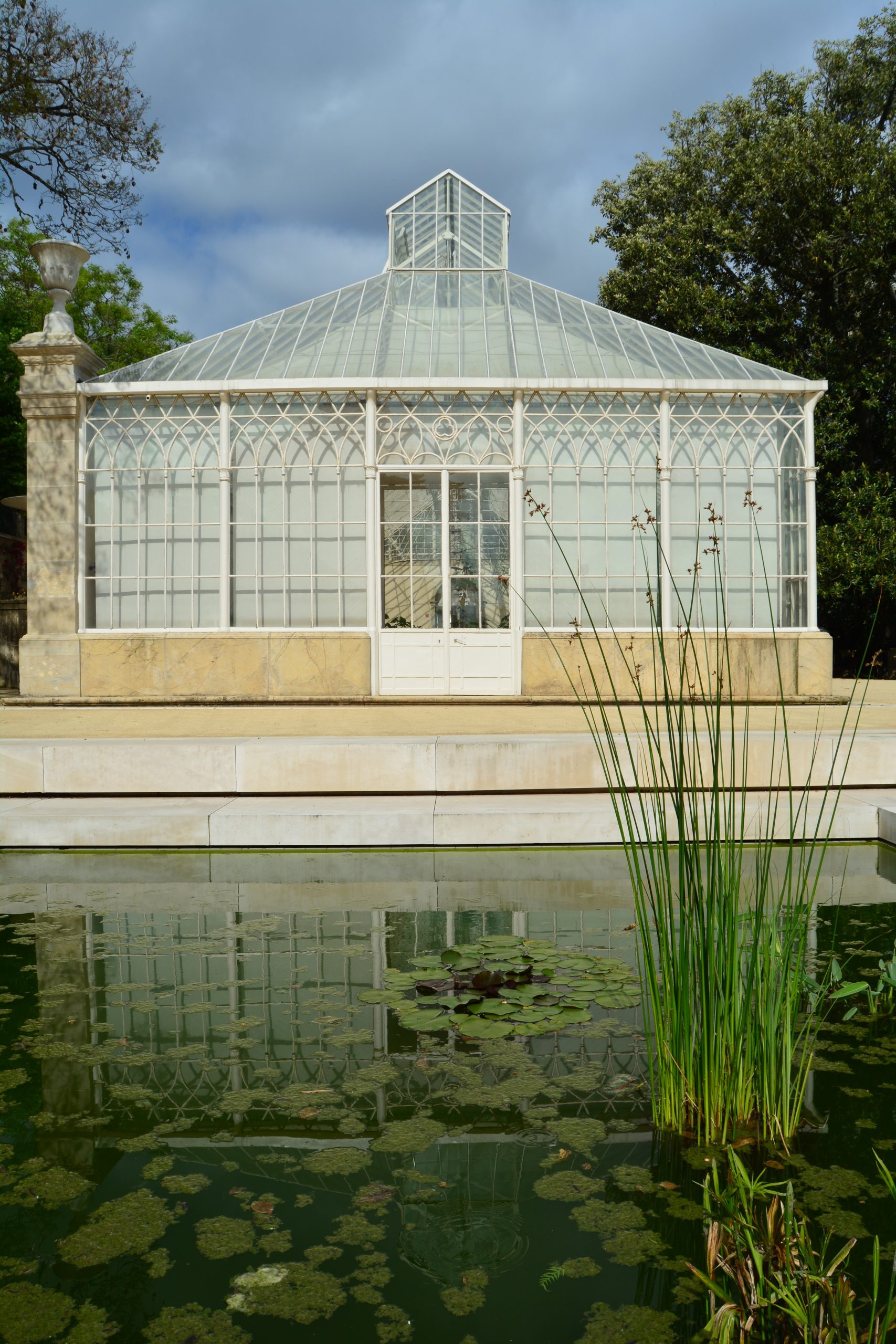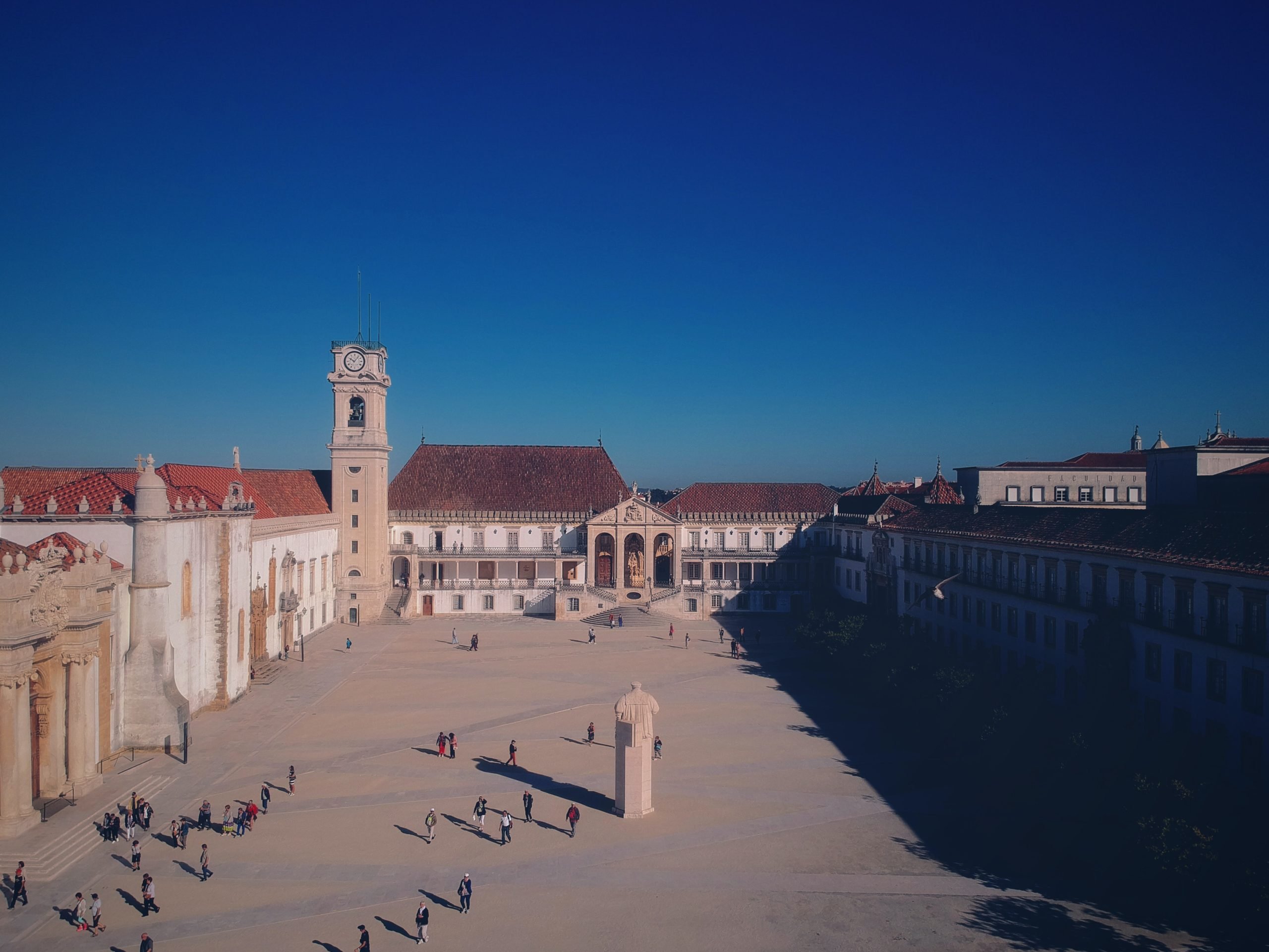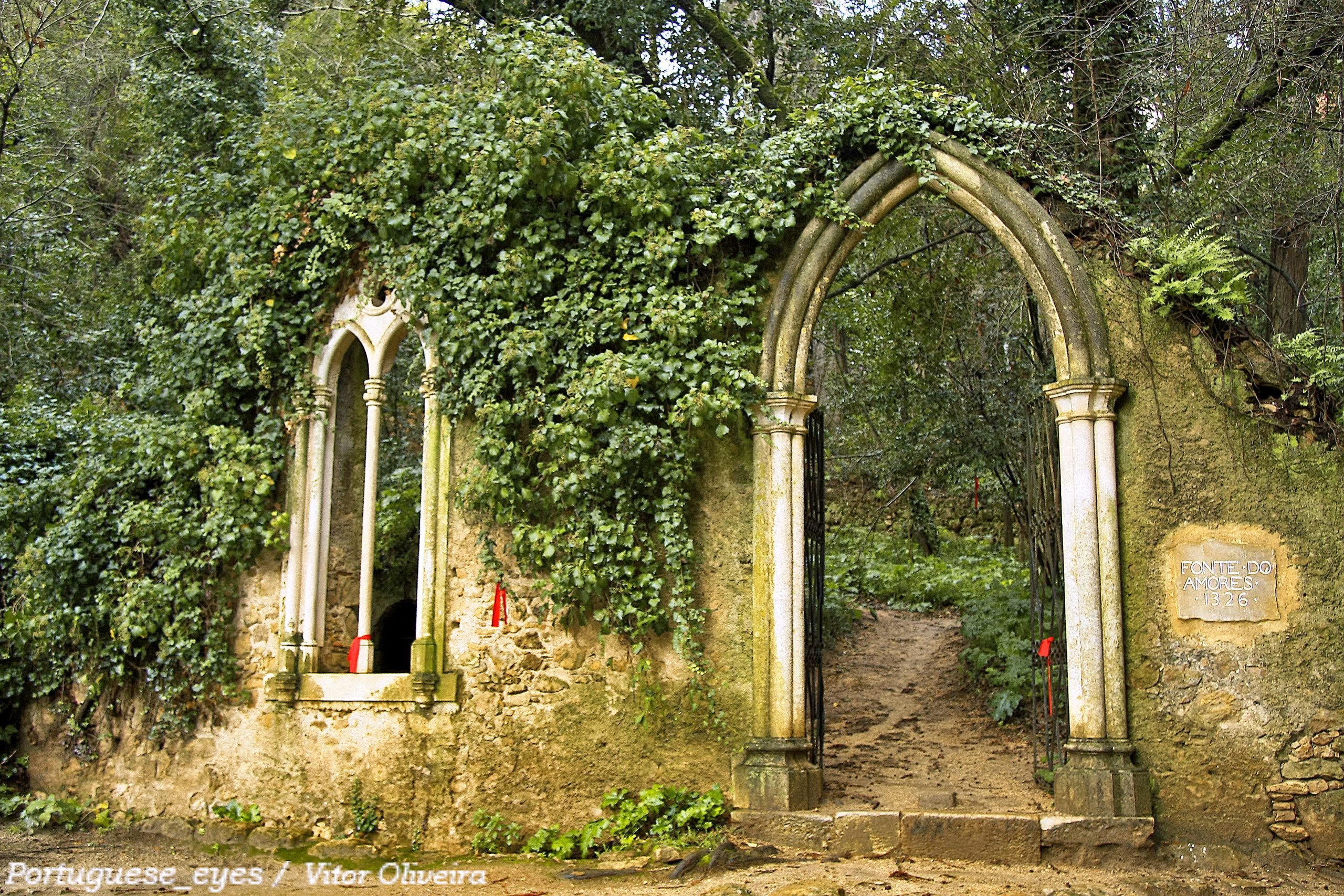Porto, one of the oldest cities in Europe, is located in the north of Portugal and is known for its stunning historic architecture and delicious wine. While there is plenty to see and do in Porto, there are also a variety of day trips that are easily accessible from the city.
Whether you’re interested in exploring the Douro region or the birthplace of Portugal, there is something for everyone on these day trips. Let’s take a look at the 6 best day trips to take from Porto. Keep in mind that many of these sell out fast, especially during high season.
If you’re visiting Porto and looking for an unforgettable day trip, a Douro tour is a must-see experience. You’ll enjoy a comfortable ride through the Douro Valley countryside, past vineyards, olive groves, and charming villages, with a knowledgeable guide.
The highlight of the tour is a visit to a traditional winery, where you’ll have the chance to taste some of Portugal’s finest wines. You’ll learn about the grape varieties used in the region’s famous port and table wines and how they are produced.
After the wine tasting, you’ll sit down for a delicious Portuguese lunch featuring local specialties such as grilled meat and fish, and fresh vegetables. Vegetarian options are also available upon request.
There is also an optional river cruise available which we recommend. You’ll board a traditional rabelo boat and cruise along the Douro River, taking in the breathtaking scenery from a new perspective.

This Porto to Lisbon Full-Day Private Tour is a fantastic way to discover the country’s rich culture as it also stops in Fátima and Óbidos, while giving you the flexibility to customize your itinerary.
You’ll start your journey in Porto, where you’ll meet your private guide and driver, and set off towards Lisbon, enjoying breathtaking views of the Atlantic coastline.. Along the way, you can choose to stop at any of the towns and cities that catch your eye, such as the charming medieval town of Óbidos or the holy city of Fátima.
During the tour, you’ll also have the opportunity to taste some of Portugal’s best wines and food. You can visit a local winery and sample the region’s famous Port wine, or indulge in a traditional Portuguese lunch featuring fresh seafood, meat, and vegetables, all sourced from local producers.

If you’re a nature lover, this tour of Minho cities from Porto is an excellent way to immerse yourself in the region’s natural beauty and cultural heritage.
Your journey will begin with a scenic drive through the countryside, passing by vineyards, forests, and mountains. Your expert guide will provide insights into the region’s history and culture, sharing stories about the area’s ancient traditions and customs.
During the tour, you’ll visit several charming towns and villages, such as Braga and the medieval town of Guimarães, considered Portugal’s birthplace. You can explore the town’s historic center here, including the stunning Guimarães Castle and Palace of the Dukes of Braganza.
You’ll also visit the charming village of Ponte de Lima, known for its beautiful gardens and historic architecture, and have the opportunity to taste some of the region’s best wines and food.
You can visit a local winery and sample the region’s famous Vinho Verde or indulge in a traditional Portuguese lunch.

If you’re an adventurer, this tour from Porto in Geres National Park is the perfect tour for you. This full-day tour takes you on an incredible journey through the stunning Peneda-Gerês National Park, known for its mountains, lakes, and waterfalls.
Your journey will begin with a scenic drive through the countryside, passing by picturesque villages and rolling hills. Once you arrive at the national park, your expert guide will take you on a scenic hike through the park, where you’ll discover hidden lagoons and waterfalls that are off the beaten path.
You’ll have the opportunity to swim in the refreshing mountain water, take stunning photos of the natural scenery, and observe the park’s flora and fauna up close.
Your guide will provide insights into the park’s history and ecology, sharing stories about the region’s ancient traditions and customs. You’ll also have the opportunity to taste some of the region’s best food and wine.

Why not visit both Portugal and Spain in one day? If you are interested in going beyond the Portuguese border, this Full-Day Tour to Santiago de Compostela and Valença do Minhofrom Porto is an excellent option.
This full-day tour takes you on a journey through two countries, visiting stunning landmarks, charming towns, and tasting delicious food.
Your journey will begin with a scenic drive through the Portuguese countryside, passing by vineyards, forests, and mountains, until you reach Valença do Minho, a charming Portuguese town known for its historic architecture and scenic views of the river Minho.
Next, you’ll cross the border into Spain and visit the stunning city of Santiago de Compostela, one of the most important pilgrimage destinations in the world.
You’ll visit the stunning Cathedral of Santiago de Compostela, a UNESCO World Heritage Site and the final resting place of St. James. You will also learn about the Camino de Santiago pilgrimage route and its many pilgrims.

Last but not least, explore Aveiro and Coimbra in this small group tour from Porto. This tour takes you to two of the most charming and historic cities in the region, Aveiro and Coimbra, and offers plenty of opportunities to learn about the local culture and history.
The tour starts with a comfortable ride from Porto to Aveiro, a picturesque coastal town known as the “Venice of Portugal” for its canals and colorful boats.
You’ll have a chance to take a leisurely cruise down the canals and admire the beautiful Art Nouveau architecture that lines the streets. Don’t forget to taste the local delicacy “ovos moles,” sweet egg yolks wrapped in wafer-thin pastry.
After Aveiro, the tour heads to Coimbra, home to one of the oldest and most prestigious universities in Europe. You’ll have a chance to explore the university’s historic campus, which includes stunning Baroque and Gothic buildings, an impressive library, and a beautiful botanical garden.



